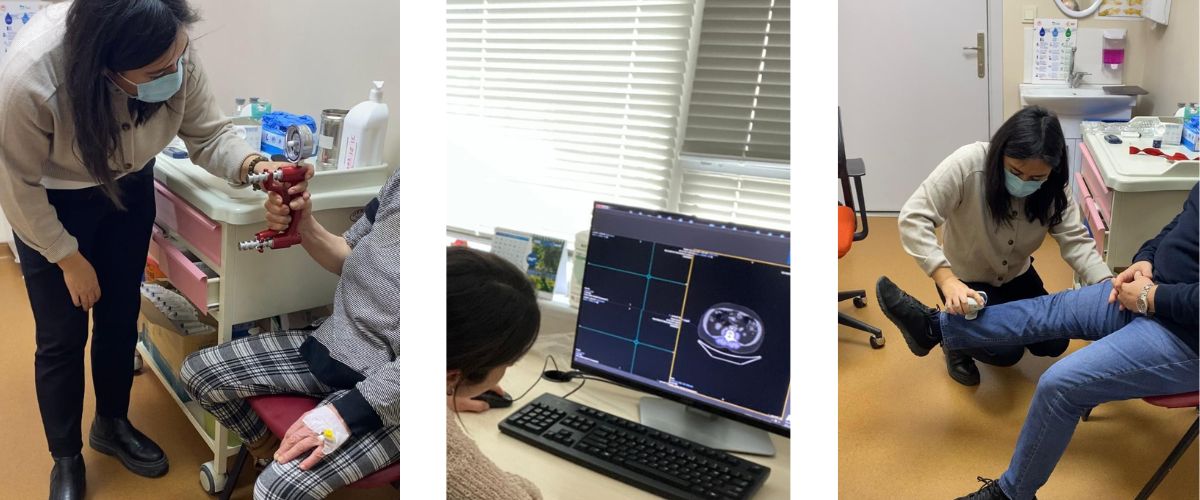Early Diagnosis of Lung Cancer with Artificial Intelligence
A TÜBİTAK 1001-funded project carried out at Altınbaş University could revolutionize lung cancer diagnosis using machine learning. The goal of the project team led by Assoc. Prof. Dr. Handan Tanyıldızı Kökkülünk is to make faster and accurate diagnosis.
With the increasing world population, it is no longer possible to manage the diagnosis of diseases in the field of health by humans alone. Artificial intelligence technologies are on the agenda to reduce costs, increase efficiency, eliminate personnel errors caused by carelessness and lack of knowledge, and diagnose patients quickly, accurately and reliably.
At this point, the use of machine learning to diagnose lung cancer, one of the fastest progressing cancer types with high incidence in our society, is gaining importance.
While developments in this field are closely followed, Altınbaş University is working on a TÜBİTAK 1001 project titled "Prediction of Lung Cancer Diagnosis with Machine Learning through Sarcopenia, Next Generation Inflammation Markers and PET/CT Anatomical-Metabolic Biomarkers".
Project coordinator Altınbaş University Vocational School of Health Faculty Member Assoc. Prof. Dr. Handan Tanyıldızı Kökkülünk said, "We aim to support the early diagnosis of lung cancer. Within the scope of the project, this innovative approach in the diagnosis and treatment of lung cancer is expected to improve the quality of life of patients and provide great benefit to health systems thanks to early diagnosis."
Providing information about the ongoing project, Assoc. Prof. Dr. Handan Tanyıldızı Kökkülünk said, "Currently, in the project study, only applications such as blood tests and PET/CT imaging, which are applied in clinical routine, are performed on patients. As a result of these applications, inflammation markers such as CRP and sedimentation are obtained from blood test results, and data such as standardized uptake value and metabolic tumor volume are calculated from PET/CT imaging results. On the other hand, patients' muscle mass is determined through physiotherapy tests, which are non-invasive techniques. All data obtained are recorded and processed to be used in the machine learning step."
Assoc. Prof. Dr. Kökkülünk said that the first goal of the project is "to investigate new bio-markers that are easy to obtain, fast, accessible and low-cost, which are thought to help diagnosis in lung cancer." and continued his words as follows:
"By developing machine learning algorithms through the identified biomarkers, early diagnosis of lung cancer will be provided and thus a rapid transition to the treatment step will be gained. This innovative approach in the diagnosis and treatment of lung cancer is expected to improve the quality of life of patients through early diagnosis and provide great benefit to healthcare systems. The project also aims to train qualified researchers who are experts in their field."
Kökkülünk said that with the machine model, the diagnosis can be made before the physician's evaluation, "With the project, the machine learning model, which can predict the diagnosis of lung cancer with high accuracy, will be integrated into the clinic in the following stages. In this way, the lung cancer diagnosis of the patient whose data is included in the system will be determined before the physician's evaluation and the workload of physicians will be reduced. With this innovative approach, a more effective and faster diagnosis process will be realized in the healthcare sector."



